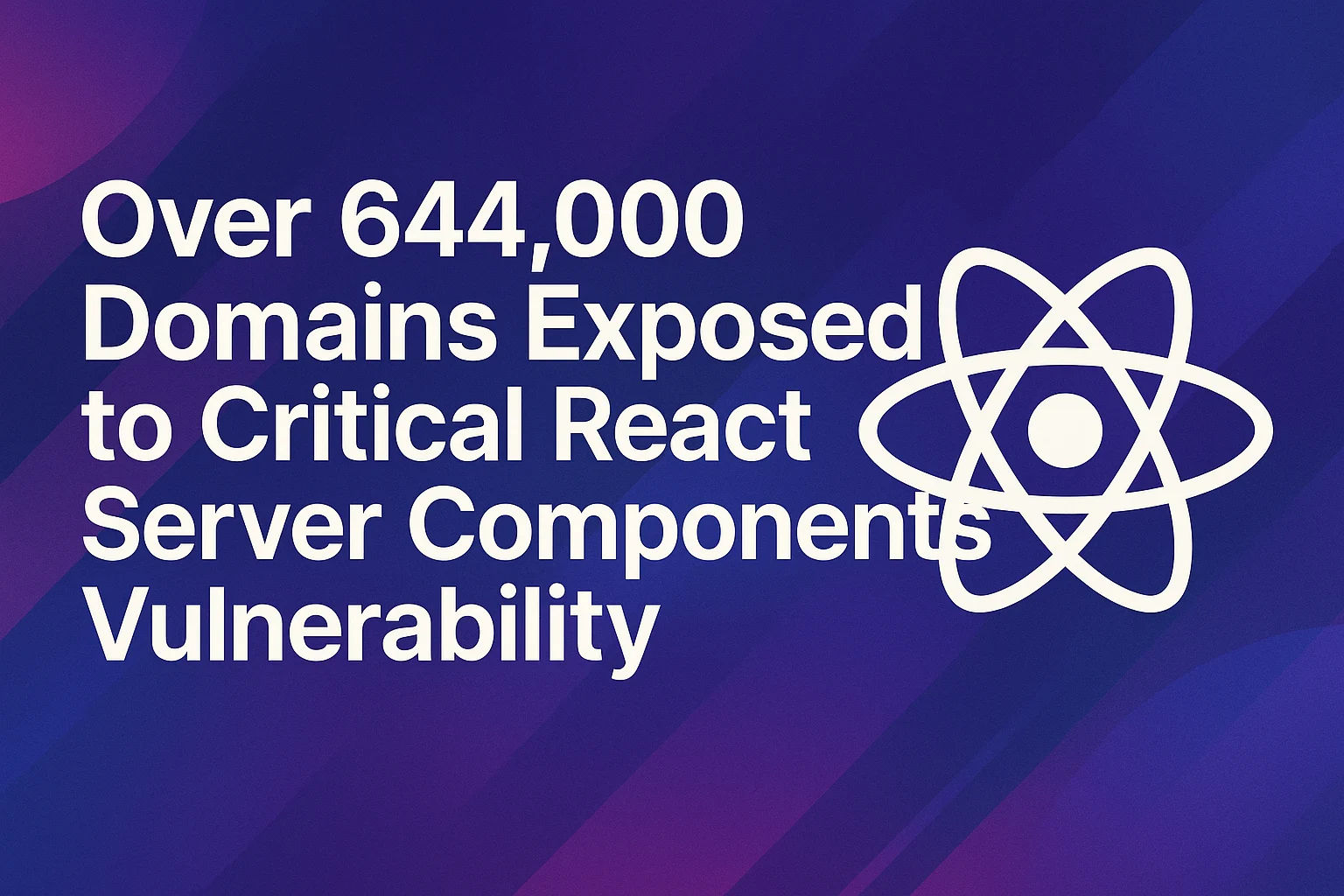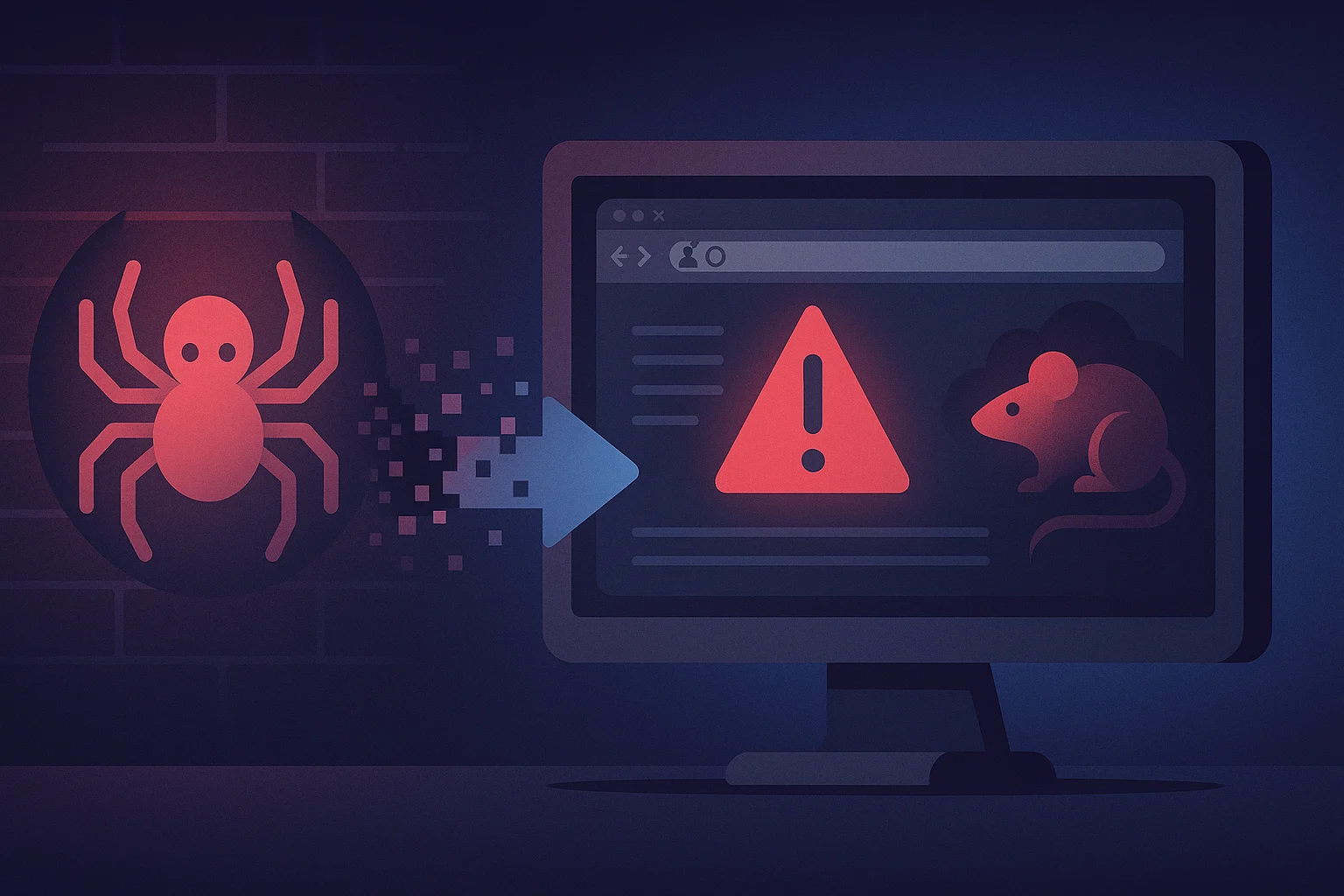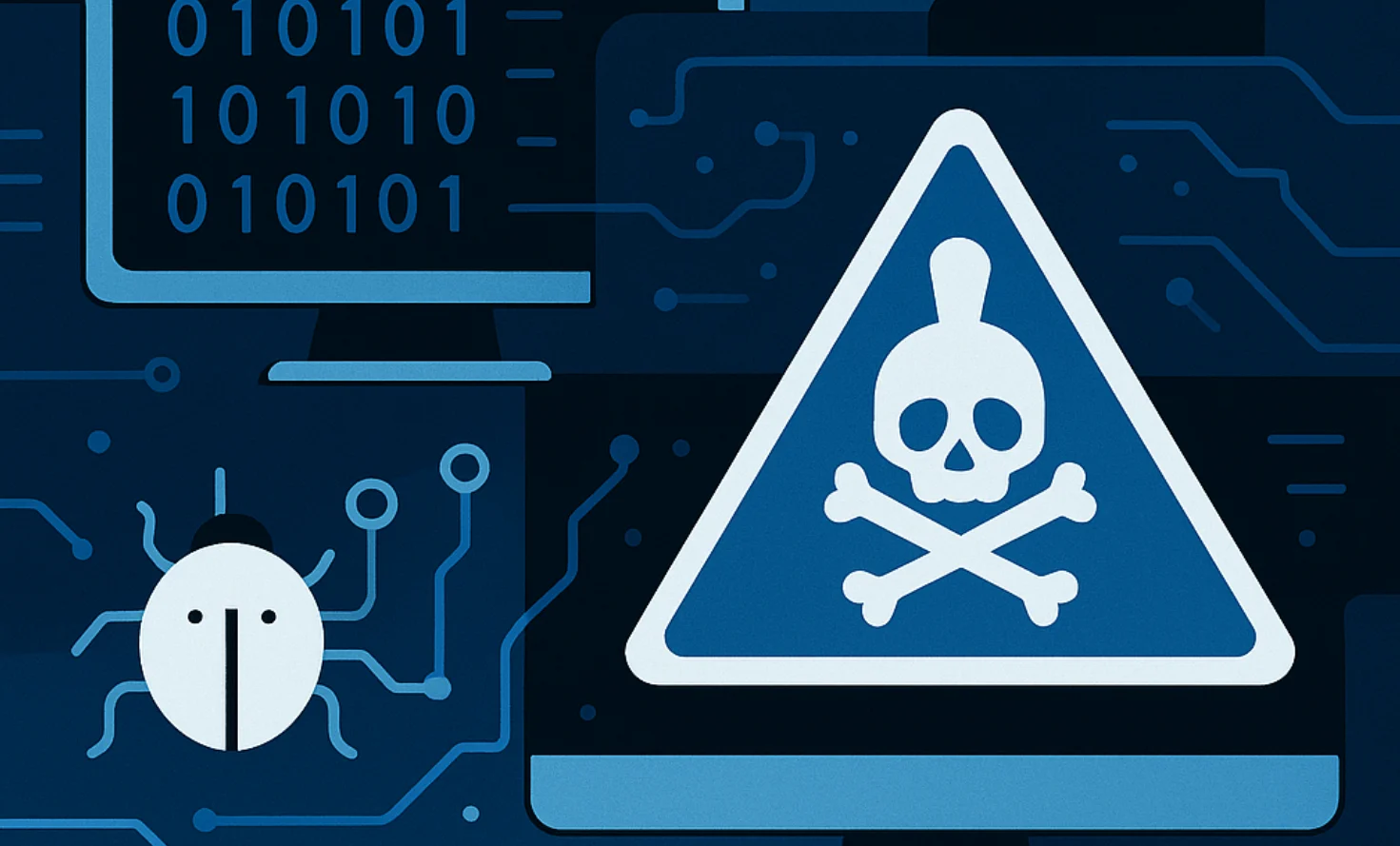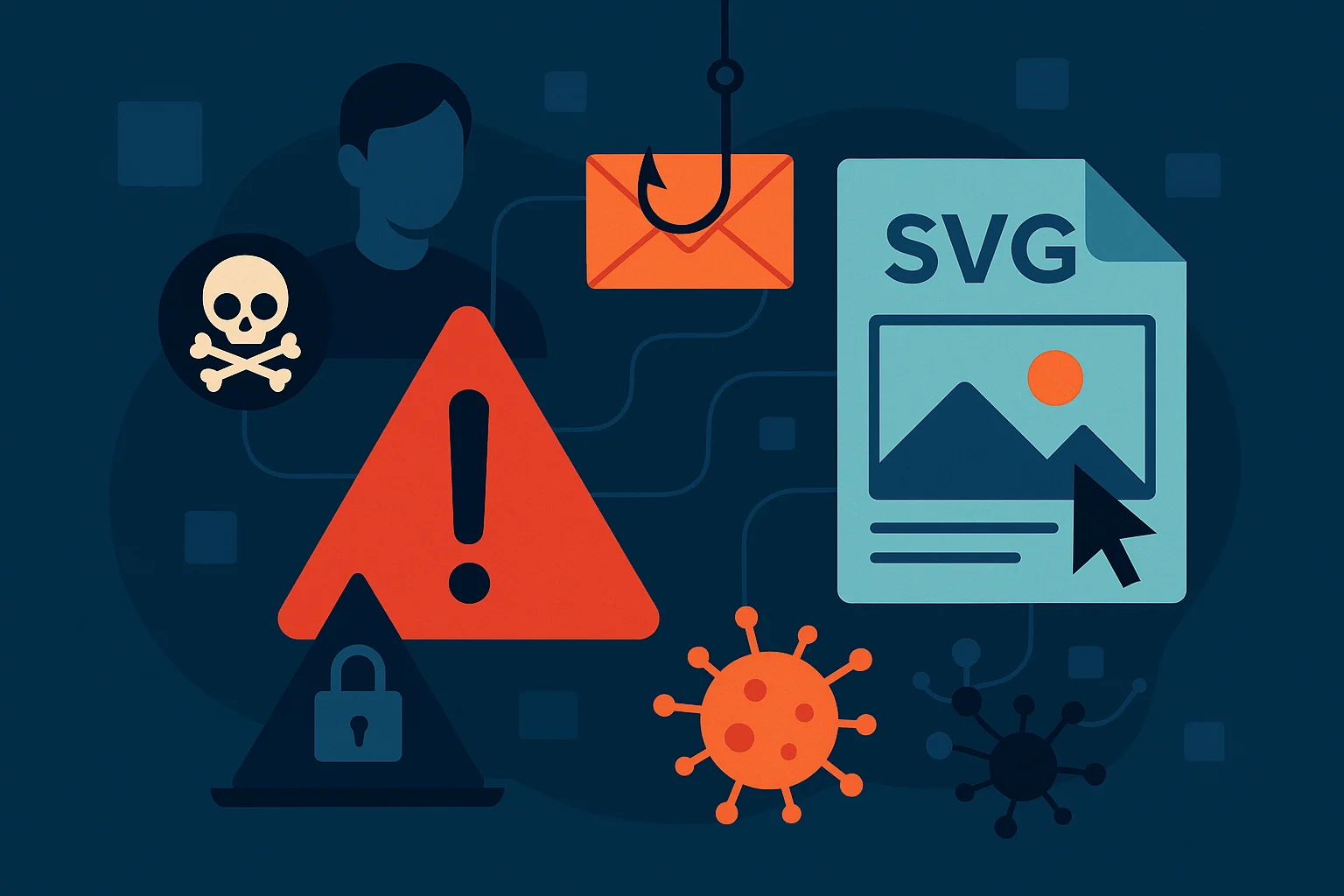CRITICAL SECURITY ALERT: A massive-scale vulnerability affecting React Server Components (CVE-2025-55182) has exposed over 644,000 domains and 165,000 unique IP addresses to potential remote code execution and security bypass attacks. This represents one of the most widespread web application vulnerabilities discovered in 2025, with immediate action required from all organizations using React-based applications.
Read More








